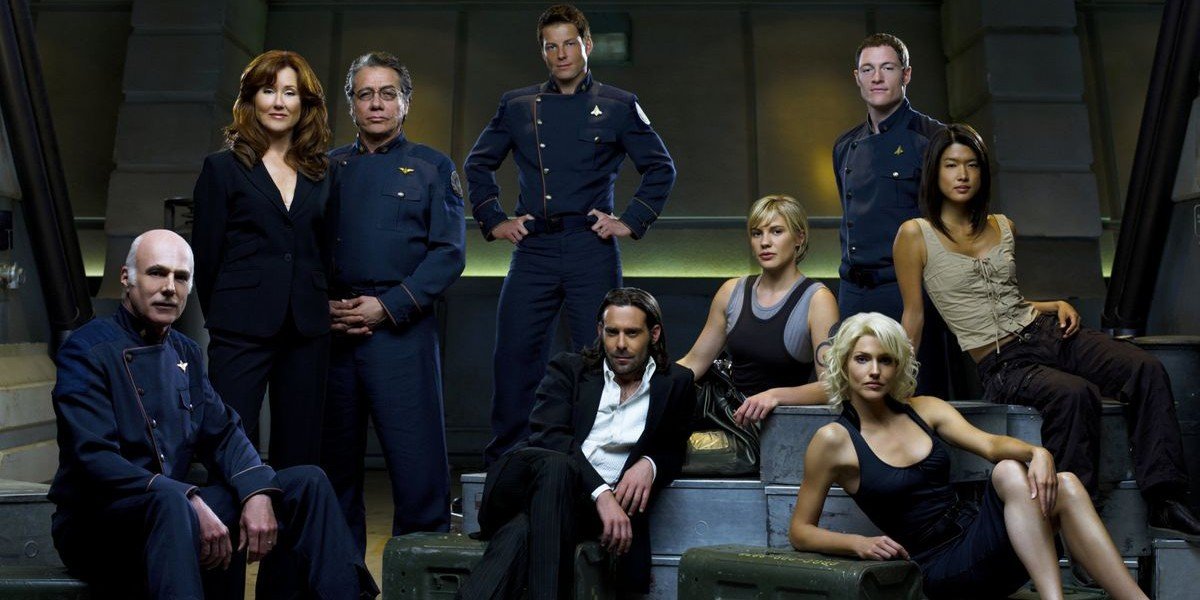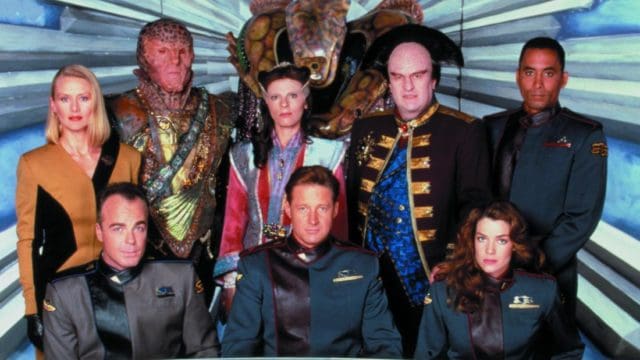CmdrShepN7
Active Member
- Joined
- Dec 25, 2019
- Messages
- 28
"Babylon 5", "Star Trek", "Farscape", "Firefly", "Battlestar Galactica", "Mass Effect", etc.






Why do so many of pop culture's most lovable and memorable spaceship crews come from shows from the 90s and 2000s?
Did Apollo 11 and the Space Shuttle program not only inspire a generation of scientists and engineers but a generation of sci fi creators?






Why do so many of pop culture's most lovable and memorable spaceship crews come from shows from the 90s and 2000s?
Did Apollo 11 and the Space Shuttle program not only inspire a generation of scientists and engineers but a generation of sci fi creators?

